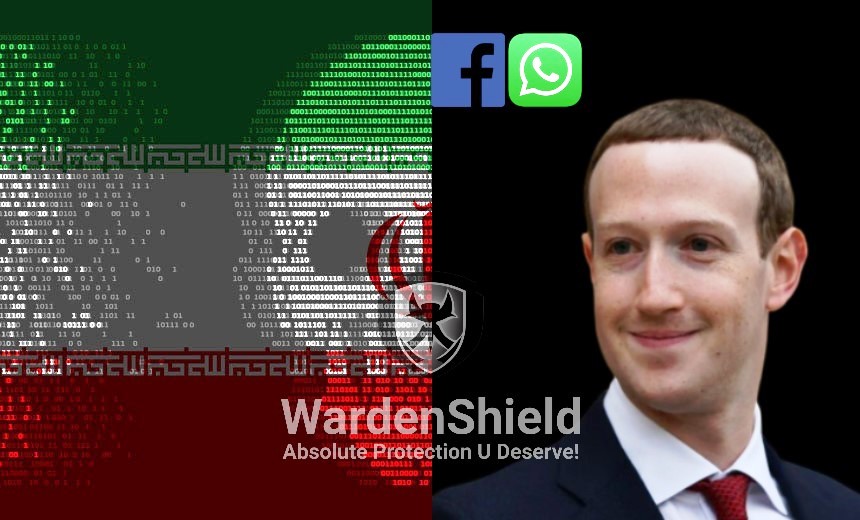Secure your Data with Inferno🔥, Use Code: INFERNO100
Iranian Hackers Are Back: The Digital Attack on Global Politics
Meta recently exposed an Iranian hacker group, linked to APT42, targeting global political figures through WhatsApp. Using phishing and social engineering tactics, the group seeks to infiltrate political networks and potentially influence outcomes, revealing vulnerabilities in even the most secure messaging platforms. This incident serves as a wake-up call to remain vigilant online, highlighting that no one is entirely safe in the digital landscape.
DEVELOPMENT AND ECONOMIC THREATS CYBER WARFARE
Phillemon Neluvhalani
9/5/20242 min read


Buckle up, because things are getting spicy in the world of cybersecurity! Meta, the social media giant behind platforms like Facebook and WhatsApp, has just dropped a bombshell: an Iranian hacker group linked to APT42 is taking aim at global political figures using none other than WhatsApp. That's right—the app we all think of as secure and encrypted is under siege by some seriously sophisticated cyber mercenaries.
So, what's going on here? This hacker group, which is thought to have connections to the Iranian government, isn't just going after your average user's data. They have their sights set on much bigger targets—politicians, diplomats, and other high-level figures worldwide. Imagine a virtual chess game where these hackers are trying to capture the king by infiltrating political networks, snooping on private conversations, and potentially swaying political outcomes. The implications are huge!
So How Are They Doing It...?
The hackers are leveraging the fact that many people trust WhatsApp's end-to-end encryption, believing that their messages are untouchable. But APT42 has found a way to exploit this trust. They are using phishing techniques, disguised links, and fake social engineering tactics to get access to these private conversations. They don't break encryption directly; instead, they trick users into giving them the keys to the kingdom.
Here's a closer look at what’s at stake: if they gain access, they could potentially alter diplomatic decisions, sway elections, or even push for international conflicts—all from behind a screen. And it's not just high-profile targets who should be worried. By targeting key political figures, they could indirectly gain access to other sensitive data connected to those figures, like their contacts or confidential government plans.
Why This Should Be a Big Deal
You might think, "I'm not a politician—why should I care?" Well, if top-level encrypted messaging apps like WhatsApp can be exploited, it means no one is entirely safe. This highlights a critical flaw in our digital defense strategy: over-reliance on app-level security. Sure, encryption is great, but if hackers can bypass it through other means (like tricking people into clicking malicious links), then it’s not bulletproof. The attack serves as a stark reminder that human vigilance is still a key part of any cybersecurity strategy.
So, what’s the takeaway from all this? Even with apps that promise end-to-end encryption, it’s vital to remain cautious. Double-check messages, especially those with links or attachments, and think twice before sharing sensitive information—even with someone you trust. Remember, a well-crafted phishing attempt can look incredibly convincing.
The bottom line? Stay sharp and keep your guard up. Cybersecurity is like a never-ending game of cat and mouse, and you don’t want to be the mouse.



